Art+Feminism is pleased to announce three new pieces hosted on Wikimedia Commons as part of the Call to Action Art Commission program by artists Gucora Andu (Kenya), Aditi Abhijit Kulkarni (India), and Thamires Fortunato Martins (Brazil). The new pieces by Gucora Andu and Aditi Kulkarni are available now on Wikimedia Commons. The work of Thamires Fortunato Martins will be available in mid-March 2022. Read more about the artists and their work below.

Art+Feminism team members and Co-curators Zita Ursula Zage, Medhavi Ghandi, and Juliana Montiero selected these three artists out of 85 applications to create original pieces of work that visualize Art+Feminism. The work will be used by the global Art+Feminism community in future Art+Feminism campaigns.
In our most recent open call, we celebrated the Global South, exclusively inviting applications from artists located in regions where the curators of the call reside: African countries, Brazil, India, Bangladesh, Pakistan and Sri Lanka. Each commission came with a 2000$ (USD) artist fee.
Call to Action art commissioning program was established by Art+Feminism in 2017 with the goal is to both highlight the work of contemporary artists and to expand the body of images available that represent the project.
Please join us in celebrating these artists and these new works! Join us in a remix workshop on March 28 at 4pm UTC led by Sara Clugage, where we’ll be adapting these works into new ones (like embroidered patches!) and putting the remixed works back on Wikimedia Commons.
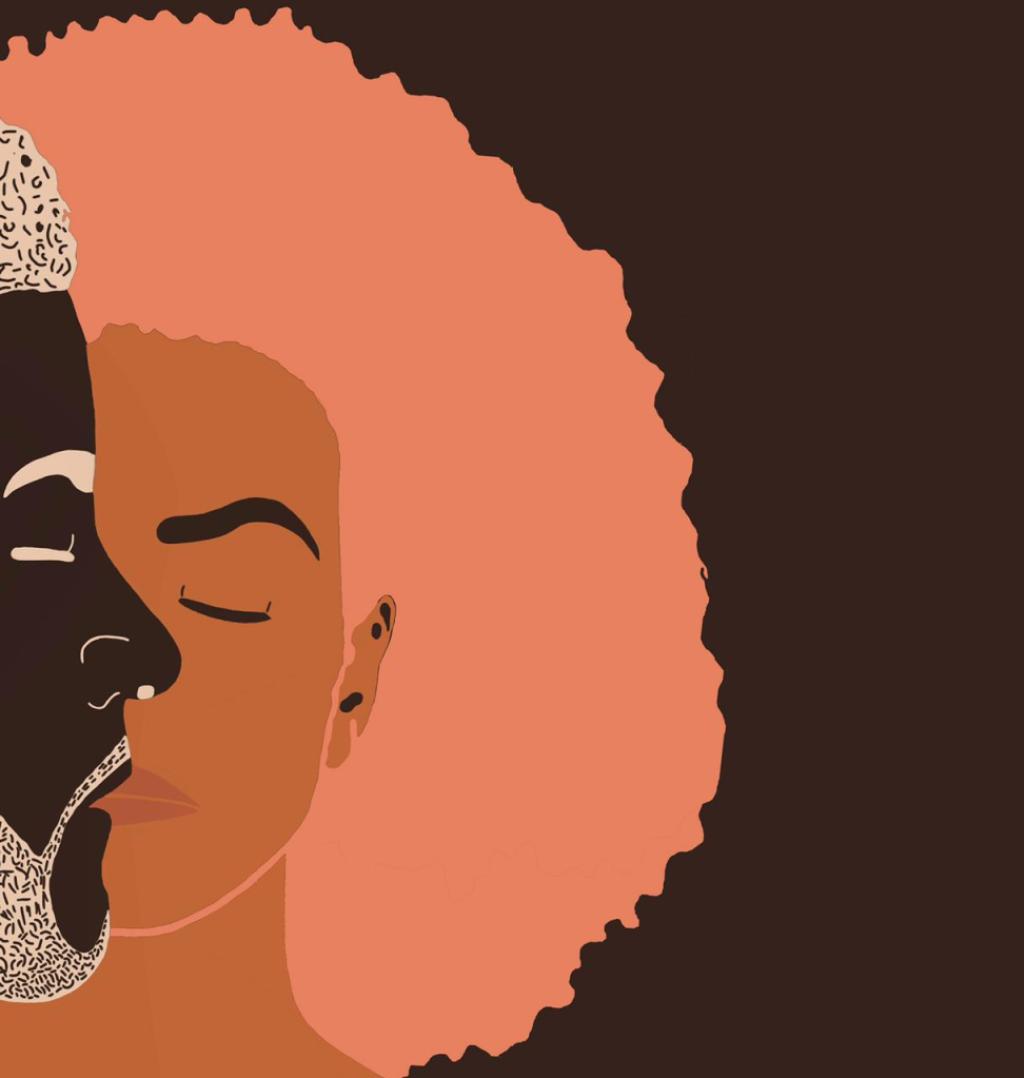
Internalized Misogyny (2022) As feminists, we are convinced that we see everyone equally, yet most of us have internalized misogyny. One of the most challenging parts of becoming a feminist has been the sometimes startling disparity between my current beliefs and how I’ve been conditioned to think and behave. Internalized sexism might be difficult to identify. Regardless of how independent we feel we are, we have a plethora of preconceived notions about how a woman should live that stem from societal expectations and gender conventions. It is vital to be conscious of this, and your own thoughts and opinions, not only about other women but also about yourself. The solution, I believe, is that empowerment is not found in the perfect unison of belief and action, but rather in the chaotic mix between the two. Learning, in some ways, implies acknowledging we were wrong at one point, so perhaps we can take solace in the often contradictory process of becoming the woman we want to be.
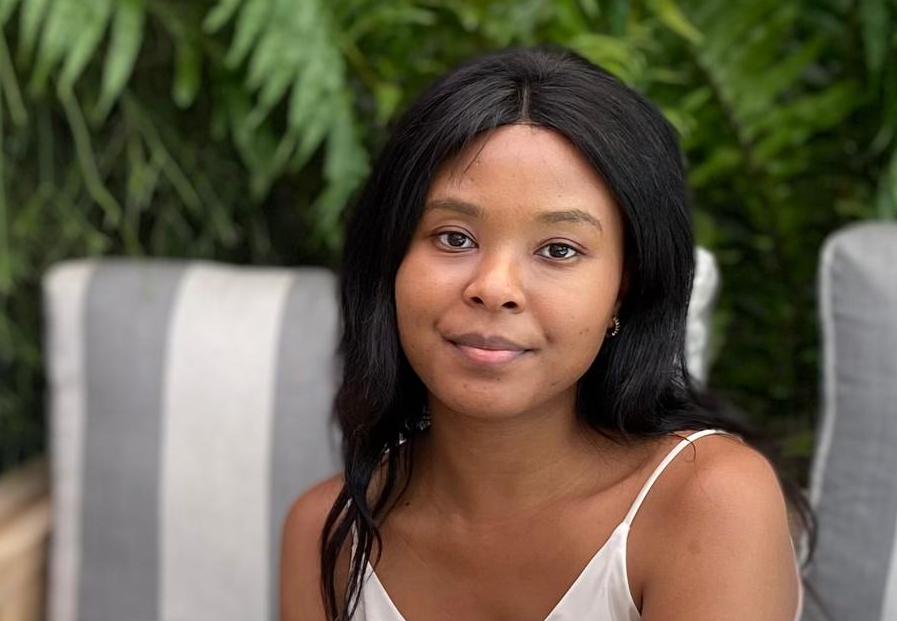
Gucora Andu means ‘To Draw People’ in Kikuyu, a Kenyan Language. My work focuses on illustrating people, most especially women, and issues that concern them. In a country where aspects of African tradition contribute to widespread chauvinistic attitudes, Gucora Andu is a platform that promotes and encourages feminist values. Gucora Andu has worked with NGOs, feminist and female-focused platforms to raise awareness of feminist realities throughout Africa and the world. | Instagram: @gucora.andu | Twitter: @gucora_andu
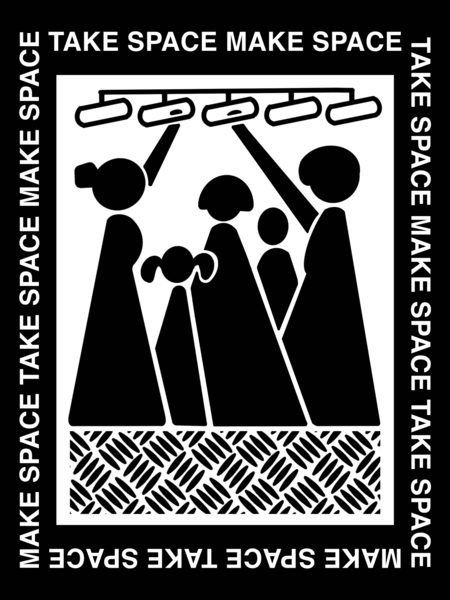
Ladies Dabba (2022) represents the compartment reserved for women in the Mumbai local trains. It provides a safe space in public transport and bears witness to a diverse group of women of all ages, from different walks of life. There is a sense of familiarity among strangers as they sit or stand shoulder to shoulder and are free to exist without inhibitions given the lack of the male gaze. To journey in this compartment is to experience average everyday interactions between women – both compassionate and harsh. It is a space that is as flawed and gentle as any woman travelling in it. ‘Take Space, Make Space’ hopes for women claiming and thereby creating bigger and healthier spaces for their kind.
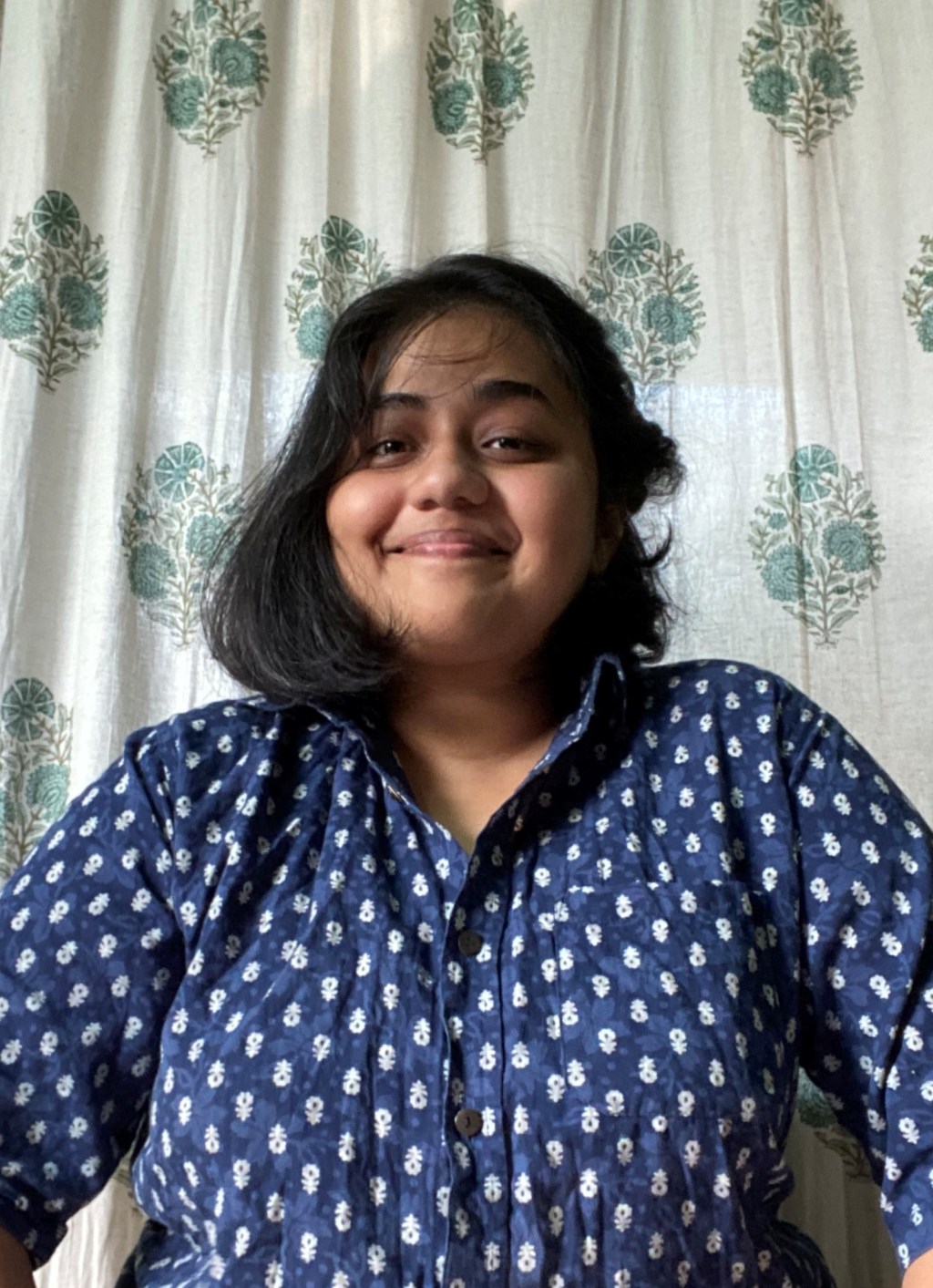
Aditi Kulkarni is based out of Mumbai, India and enjoys creating art about mundane everyday activities through her observations of the surroundings. She endeavours to showcase her interpretation of the world around in a personal and sometimes humorous way. | @aditi_koolkarni
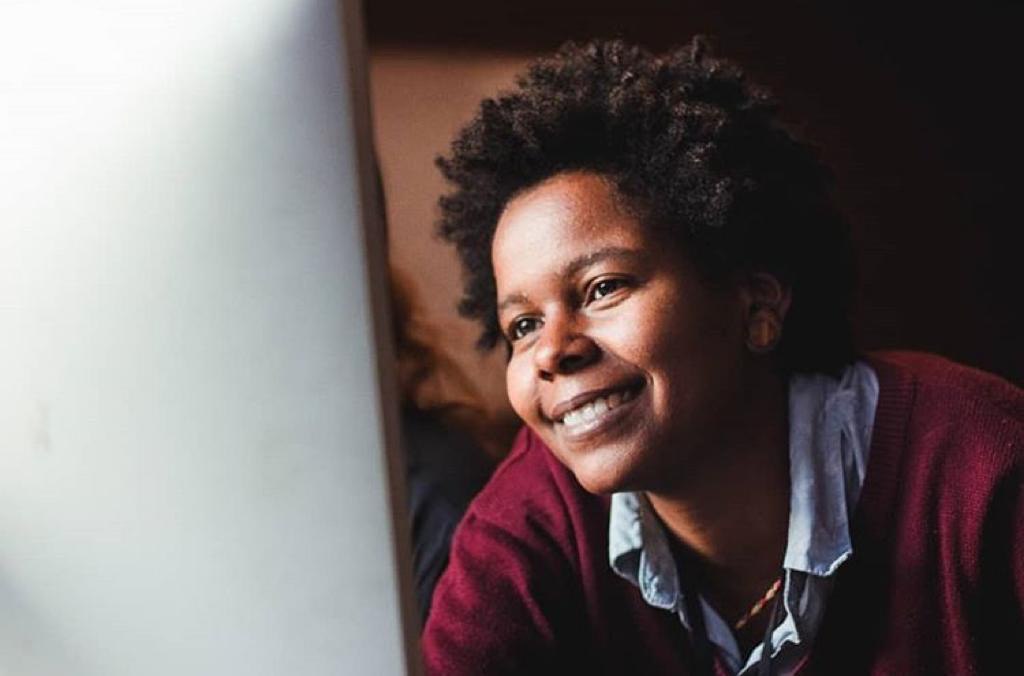
Thamires Fortunato lives in the North Zone of Rio de Janeiro. A multidisciplinary artist, she works with digital collage and video art. Her research reconstructs the peripheral and Black narrative, with aspects of the struggle involving incredible Black women in the context of resistance in the African Diaspora. She participated in the exhibition A Zero na Alfaiataria, in Curitiba, in the show focused on the publication of artists from the Residência Artística with the work “Reconheça-me Marli Coragem”. She also participated of the Festival Deixa a Gira Girar Exposição Olope, with a mapped projection in Vitória – Espírito Santo, with the work “Deus é Preta” and of the edital Cenas DELAS held by the Observatório de Favelas, focused on promoting artistic work produced by women. In December 2021, she exhibited her work “Negritude Viva” at Escola de Artes Visuais do Parque Laje – Rio de Janeiro. She is currently pursuing a BA in Cinema and Audiovisual at the Universidade Estatual do Sudoeste da Bahia. | @thamiresfortunato
Thamires Fortunato’s commission is forthcoming in March 2022.

Can you help us translate this article?
In order for this article to reach as many people as possible we would like your help. Can you translate this article to get the message out?
Start translation